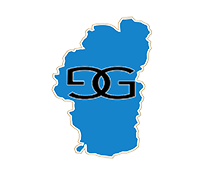Selling a home in Lake Tahoe involves more than just listing the property and waiting for offers. Understanding the costs associated with the process can help you make informed decisions and ensure you get the best return on your investment. Let’s explore the key expenses you should anticipate when selling your Tahoe property.
1. Real Estate Commissions
One of the most significant costs you’ll encounter is the real estate commission. Typically, this fee ranges from 5% to 6% of the home’s final sale price, divided between the buyer’s and seller’s agents. Given the high value of homes in Lake Tahoe, this commission can represent a substantial amount. It’s important to recognize that this fee covers the marketing, negotiation, and expert guidance provided by your real estate team.

2. Pre-Sale Preparations
Preparing your home for sale is crucial in attracting the right buyers and maximizing your sale price. This preparation can include:
- Repairs and Renovations: Depending on the condition of your home, you may need to invest in repairs or updates to make it market-ready. Common expenses include fixing roof issues, updating kitchens or bathrooms, and refreshing paint.
- Staging: Professionally staging your home can make it more appealing to buyers. While this is an additional cost, it often results in a quicker sale at a higher price.
- Professional Photography: High-quality images are essential in showcasing your property’s best features, particularly in a market as competitive as Lake Tahoe.

3. Closing Costs
In addition to the commission, sellers are responsible for certain closing costs, which can include:
- Title Insurance: This protects the buyer against any potential legal disputes over the property.
- Escrow Fees: These are fees paid to the escrow company that handles the transaction.
- Transfer Taxes: Depending on the location of your property, you may need to pay a transfer tax when the title is transferred to the new owner.
- Prorated Property Taxes: If you’ve paid property taxes for the year, you’ll need to prorate them based on the sale date.

4. Marketing Expenses
Although your real estate agent typically covers marketing costs, there may be additional expenses depending on the level of exposure you want. This could include:
- Premium Listings: Featuring your home on premium real estate websites or in targeted publications.
- Virtual Tours: Offering potential buyers a virtual tour of your home can be especially effective in attracting out-of-town buyers who are considering a Lake Tahoe property.

5. Holding Costs
If your home doesn’t sell immediately, you’ll need to consider the costs of maintaining the property while it’s on the market. These holding costs include:
- Mortgage Payments: Continuing to pay your mortgage until the sale is complete.
- Utilities: Keeping the utilities on to ensure the home is presentable during showings.
- Homeowners Insurance: Maintaining insurance coverage to protect your investment.

6. Potential Capital Gains Taxes
If your property has appreciated significantly, you may face capital gains taxes on the profit. The specifics depend on how long you’ve owned the property, your tax bracket, and whether the home was your primary residence. Consulting with a tax advisor is essential to understanding your potential liability.

Final Thoughts
Selling a home in Lake Tahoe is a significant financial decision that involves various costs. By understanding these expenses and planning accordingly, you can ensure a smoother transaction and maximize your return. Working with an experienced real estate team is crucial in navigating these complexities and achieving your selling goals.








Leave a Reply